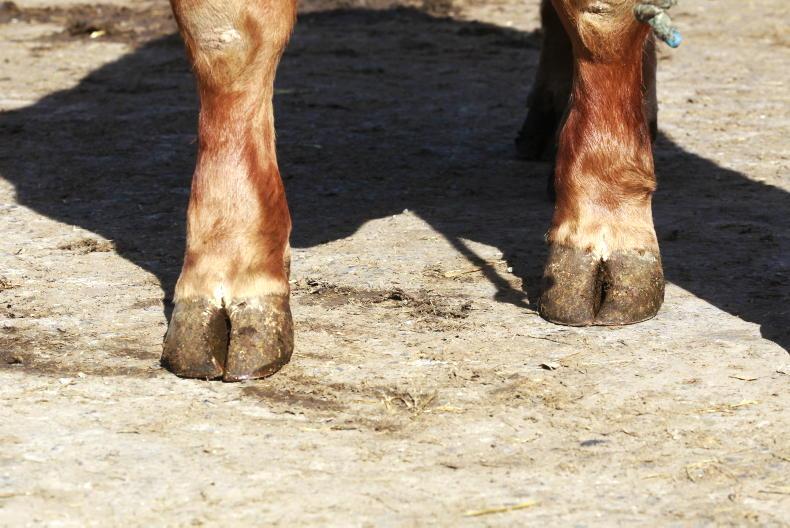The Leader programme must return to its founding principles of “community-led development” for it to realise its full potential during the current CAP.
And the State should not attempt to impose solutions to local needs by effectively taking control of Leader through the local authorities.
This was the message delivered by CEO of Clare Local Development Company Doirín Graham to the Irish Rural History and Policy Conference in Limerick this week.
Graham told the conference that “Leader had lost its way” over the last 10 years because it had moved away from its founding principles.
Bottom-up development
“One of the key principles of Leader was to build from the ground up – bottom-up development,” Graham explained.
She linked the move away from “bottom-up” development, and the consequent decline in Leader, to a preference for rural development to be handled by statutory bodies.
This process, which had resulted in all but a handful of Leader companies being effectively controlled by local authorities, was indicative of a lack of trust in community-led organisations, Graham argued.
She pointed out that rural development involved building people’s capacity to look for things that local communities needed.
“And very often at a political level that’s not welcome because you're turning up the heat and turning up the pressure,” Graham maintained.
Preference
However, Graham noted that the authorities in Brussels appeared to be reverting to a preference for community-led rural development.
This theme of delegating power from the centre was also taken up by historian Mícheál Ó Fathartaigh, who pointed out that agencies such as county committees of agriculture had served the country well in the past.
“It would take a massive intervention on the part of the Government today to reconstitute government structures around a national and local accommodation, but the precedent is there from history and, moreover, it is there from recent history,” Ó Fathartaigh said.
There is very little discussion about who is going to resource the ongoing income supports
Regarding the relative performance of rural versus urban Ireland in terms of a place to live, Cathal O’Donoghue of the University of Galway asked if surveys were “measuring the wrong thing” by simply using metrics such as disposable income.
He pointed out that respondents to a recent survey cited having to reside in Dublin as the biggest negative in their lives, even though most research indicates that rural Ireland has not recovered from the downturn of 2008 to 2012 to the same extent as urban centres.
Climate change
In relation to the cost of climate change measures on people’s livelihoods, research and policy analyst with Social Justice Ireland Michelle Murphy asked why Ireland was not considering policies such as the introduction of a universal basic income.
“There is very little discussion about who is going to resource the ongoing income supports and why are we not discussing things like a universal basic income in this context.
"Because, ultimately, that is where you are going to need to go in some form,” Murphy told the conference, which was held in Mary Immaculate College, Limerick.
“Because there are people whose livelihoods will be gone due to the changes that are coming,” she maintained.










SHARING OPTIONS